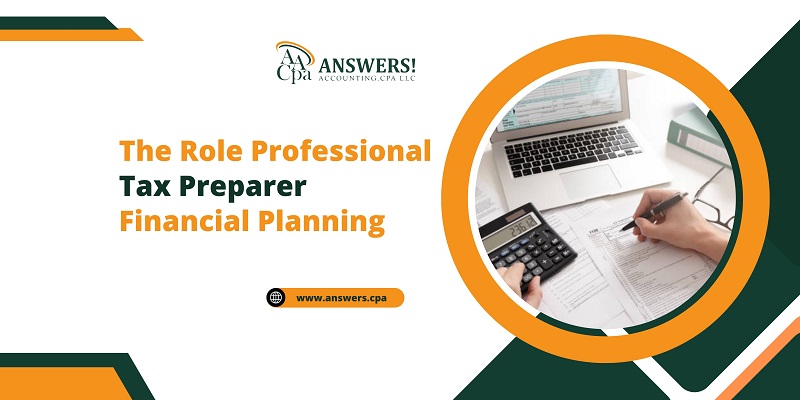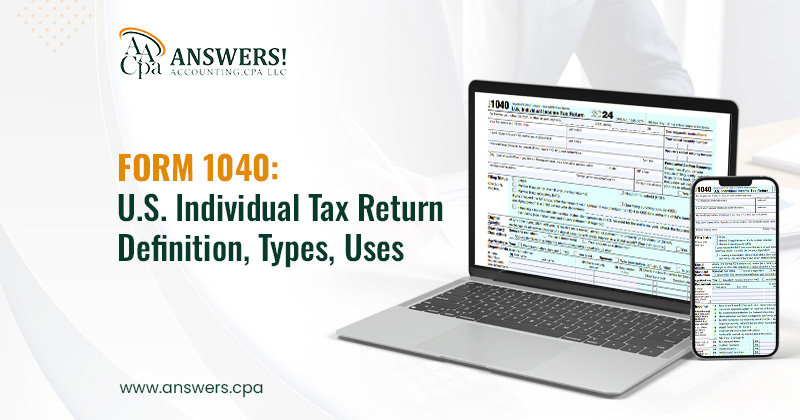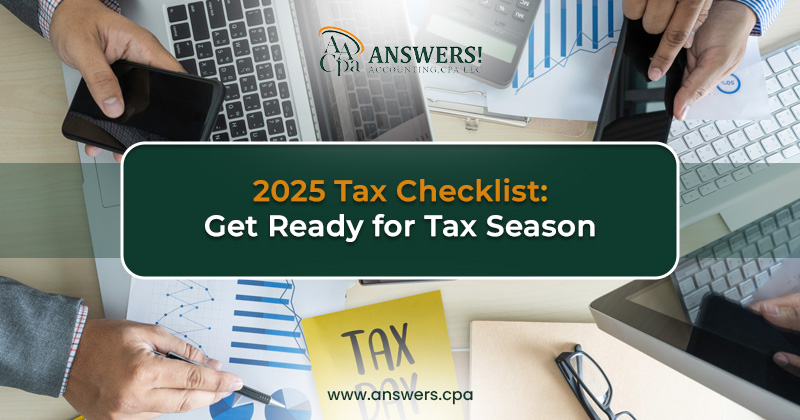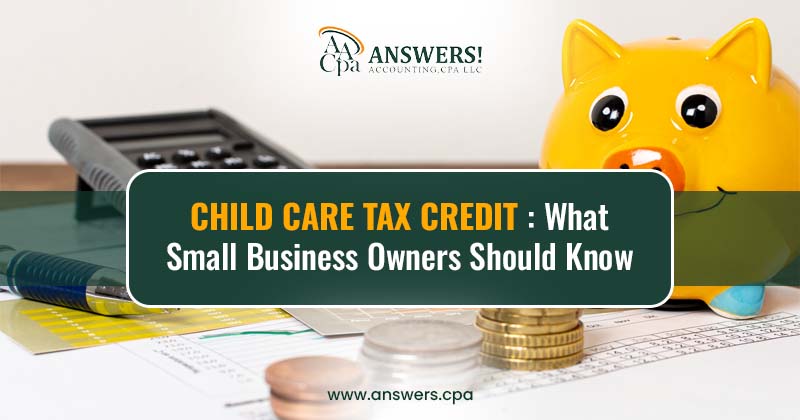Secure Your Finances: Expert Tax Preparation for Long-Term Growth
Tax season is fast approaching, and many individuals and businesses face the daunting task of preparing taxes. While some choose to take on this task themselves, there are numerous benefits to hiring a professional tax preparation service. we will explore the role of a tax professional in financial planning, discuss the advantages and disadvantages of hiring someone to prepare your taxes, and provide tips on finding the right tax preparer for your specific needs. Understanding the role of a tax professional can significantly streamline the tax preparation process and contribute to financial success.
Benefits Of Hiring Someone to Prepare Your Taxes
Expertise and Knowledge: Hiring a professional tax preparer ensures that your taxes are handled by someone with extensive knowledge of tax laws and regulations. Tax professionals stay up to date with the latest changes in tax codes, helping you navigate complex tax issues and take advantage of potential deductions.
Time Savings: Tax preparation can be time-consuming and stressful. By outsourcing this task to a qualified professional, you free up valuable time that can be better spent on other aspects of your life or business. This allows you to focus on your strengths and priorities.
Accuracy and Avoidance of Errors: Tax professionals are trained to be meticulous and accurate in their work. They can help minimize errors and reduce the risk of audits. Accuracy is crucial when dealing with tax matters, and a tax preparer can help ensure that your returns are completed correctly.
Maximizing Deductions and Credits: Tax professionals are well-versed in identifying potential deductions and credits that you might overlook. They can help you optimize your tax situation by ensuring that you take advantage of all available opportunities to reduce your tax liability.
Audit Support: In the event of an audit, having a tax professional on your side can be invaluable. They can provide support, represent you before tax authorities, and help ensure that you comply with any requests or inquiries. This added layer of expertise can alleviate stress during an audit.
Filing Complex Returns: If you have a complex financial situation, such as owning a business, or investment properties, or dealing with multiple sources of income, a tax professional can navigate the intricacies of your financial landscape. They can handle the complexities of your tax return with precision.
Financial Planning Guidance: Tax professionals often possess a broader financial perspective. Beyond preparing your taxes, they can offer advice on financial planning strategies to help you minimize future tax liabilities, make sound investment decisions, and achieve your long-term financial goals. This proactive approach can result in substantial savings over time.
What to Do Before Hiring a Tax Professional
Even though hiring a professional for the upcoming tax season will save you time and possibly money, you will need to compile the relevant documents for your accountant to fill out the forms correctly. An organized paperwork process will not only simplify the process for your tax preparer but will also keep fees to a minimum.
At your first appointment, be ready to present:
- • W-2 forms
- • 1099 forms
- • Mortgage and bank statements
- • Receipts for any charitable contributions
Any other forms that might be relevant to your tax return (such as receipts for any business expenses that you want to claim as deductions)
The Pros and Cons of Hiring a Professional Tax Preparer
When tax season rolls around, many individuals and businesses find themselves faced with a daunting task: completing and filing their tax returns. There are several options available when it comes to handling this responsibility, from filing your taxes yourself to hiring a professional tax preparer. While hiring a professional may seem like the obvious choice for those with complex financial situations, it's important to weigh the pros and cons before planning.
PROS
- • Filing Your Taxes Can Be Incredibly Time-Consuming
- • Tax Preparation Fees Can Be Deductible
- • Addresses the Difficulty and Complexity of Changing Tax Codes
- • Ensures You Find All Relevant Deductions or Credits
- • Offers Audit Assistance
- • Reduces Likelihood of Mistakes
- • Convenience and Stress Reduction
CONS
- • Cost (Can Be Expensive)
- • Tax Preparation Software Might Be a Suitable and Cheaper Option
- • Risk of Inadequate or Unqualified Professionals
- • Must Plan, Especially During Peak Tax Season
How to Find the Right Tax Professional
Individuals searching for a professional tax preparer should follow these steps to find the tax professional who best fits their needs:
Ask for Recommendations: Seek recommendations from friends, family, or colleagues. Personal referrals can be valuable in finding a tax preparer with a good reputation.
Check Credentials: Look for tax preparers with professional credentials such as Certified Public Accountant (CPA), Enrolled Agent (EA), or tax attorney. These professionals are typically well-trained and stay updated on tax laws.
Verify PTIN: Ensure that the tax preparer has a Preparer Tax Identification Number (PTIN). Anyone who prepares federal tax returns for compensation is required to have a valid PTIN.
Verify E-Filing Capability: Confirm that the tax preparer offers electronic filing (e-filing) services. E-filing is a secure and efficient way to submit your tax return to the IRS.
Conclusion
In conclusion, the role of a professional tax preparer in financial planning is paramount. Their expertise, proactive strategies, and commitment to client education contribute significantly to building a secure financial future. As you embark on your financial planning journey, consider the invaluable contribution a professional tax preparer can make.
FAQs
Q. How does hiring a tax preparer benefit my financial planning?
Professional tax preparers bring expertise, ensuring optimized deductions and compliance, bolstering your financial planning efforts.
Q. What distinguishes personalized tax planning from generic strategies?
Personalized tax planning tailors strategies to your specific financial situation, maximizing benefits and aligning with your unique goals.
Q. How often should I consult a tax preparer for optimal financial planning?
Regular consultations, especially before major financial decisions, ensure ongoing optimization of your tax strategies and financial planning.
Q. Can a tax preparer help me in estate planning?
Tax preparers play a pivotal role in estate planning, ensuring tax efficiency and seamless wealth transfer.
Q. How do tax preparers stay updated on changing tax laws?
Continuous education and staying abreast of tax law changes are integral to a tax preparer's commitment to providing accurate and up-to-date advice.
Q. Are tax preparers only beneficial during the tax season?
No, tax preparers offer year-round benefits, helping with strategic financial planning, compliance, and optimizing tax implications beyond the tax season.








